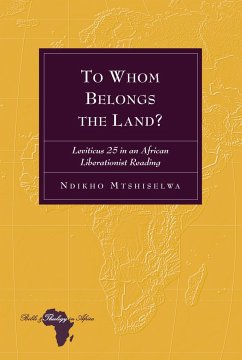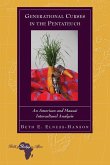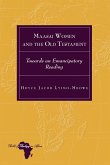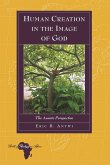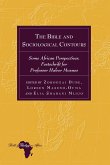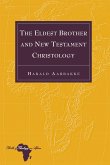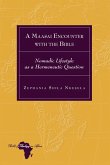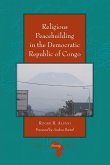The main question of this book, which focuses on the role of the Old Testament in the South African context, is: If reread from an African liberationist perspective in the context of land redistribution and socio-economic justice in South Africa, could the Israelite Jubilee legislation in Leviticus 25:8-55 offer liberating and empowering possibilities for the poor in South Africa? The exegesis of Leviticus 25:8-55 in which the historical-critical method is employed lays the foundation for the contextualisation of the issues arising from the exegesis. Furthermore, within the African liberationist framework, the South African context serves as a lens to interpret Leviticus 25:8-55. The striking parallels between the contexts from which the text of Leviticus 25:8-55 emerged and the context of the modern reader of the Bible in South Africa are shown. In the end, it is argued that when re-read from an African liberationist perspective and in the context of the land redistribution and socio-economic justice discourse, Leviticus 25:8-55 can contribute positively to the redress of inequality and consequently to poverty alleviation in South Africa.
"The question of the land and of land ownership is a crucial issue in the Hebrew Bible, and also in many modern societies. Ndikho Mtshiselwa contributes to this debate by a careful examination of Leviticus 25, one of the most important biblical text about the question of justice and land. This book offers a very challenging combination of a socio-historical reading of the chapter in its original context and an analysis of this chapter in the context of the present South African society. A must read for every scholar and student interested in contextual reading that is informed by serious historical-critical scholarship."-Thomas Römer, Chaire "Milieux bibliques," Vice-Administrateur Collège de France; Professor, Faculty of Theology and Sciences of Religion, University of Lausanne

